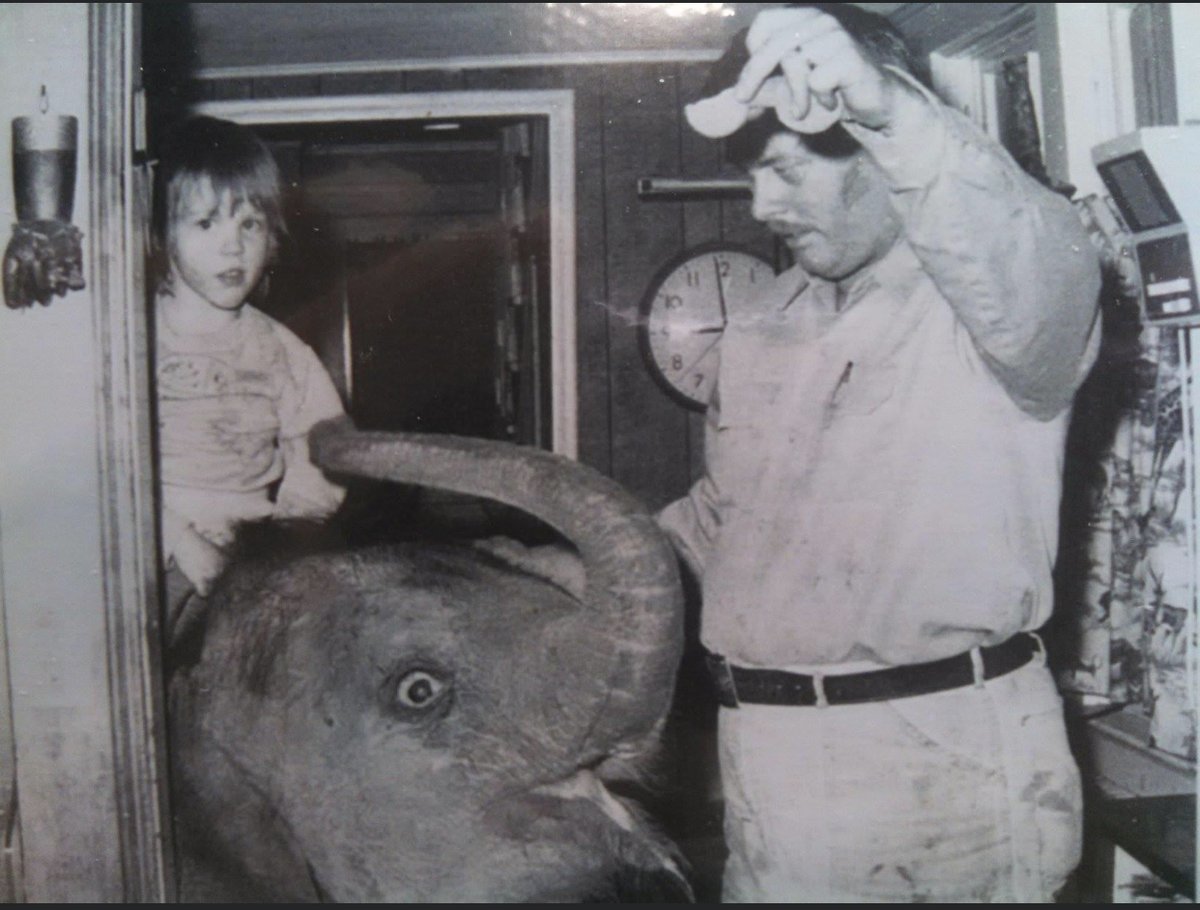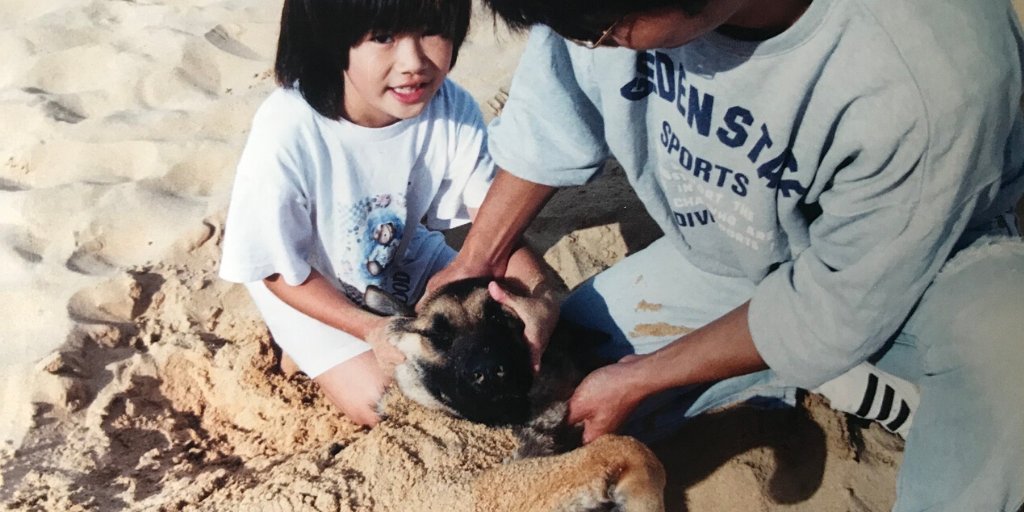After almost a lifetime in captivity, 14 years of which she has been forced to live alone, 49-year-old Happy deserves to be freed from her imprisonment at the @BronxZoo and released to @ElephantsTN or @PAWSARK2000. #FreeHappy 

At the @BronxZoo, which is managed by @TheWCS, Happy is confined alone, without the necessary companionship of other elephants, in a small enclosure that contains a one-acre outdoor yard, barren corrals, and an industrial holding facility. #FreeHappy 

Dr. Joyce Poole of @elephantvoices has stated that the Bronx Zoo’s exhibit is, in fact, unable to meet Happy’s biological, physical, and psychological needs. #FreeHappy nydailynews.com/opinion/ny-ope…
Unlike the @BronxZoo, where its two elephants are held separately in isolation and must share a single acre of land on a rotational basis, elephant sanctuaries allow elephants to exercise genuine freedom and choice. #FreeHappy
Both @ElephantsTN & @PAWSARK2000 have agreed to provide Happy with lifelong care and refuge. They specialize in meeting the biological, physical, and psychological needs of elephants. There is nothing stopping @TheWCS and @BronxZoo from releasing Happy to a sanctuary #FreeHappy
In February a judge rejected the @BronxZoo’s claim that its imprisonment of Happy is good for her, writing: “the arguments advanced by the NhRP are extremely persuasive for transferring Happy from her solitary, lonely one-acre exhibit at the Bronx Zoo” to @ElephantsTN. #FreeHappy 

You can help #FreeHappy by using our new action alert to send a message to the CEO and president of the Wildlife Conservation Society, which manages the Bronx Zoo: secure.everyaction.com/UXSSt2LxOk69OI…
You can also sign the @Change petition calling for Happy's freedom #FreeHappy change.org/p/end-happy-th…
• • •
Missing some Tweet in this thread? You can try to
force a refresh










